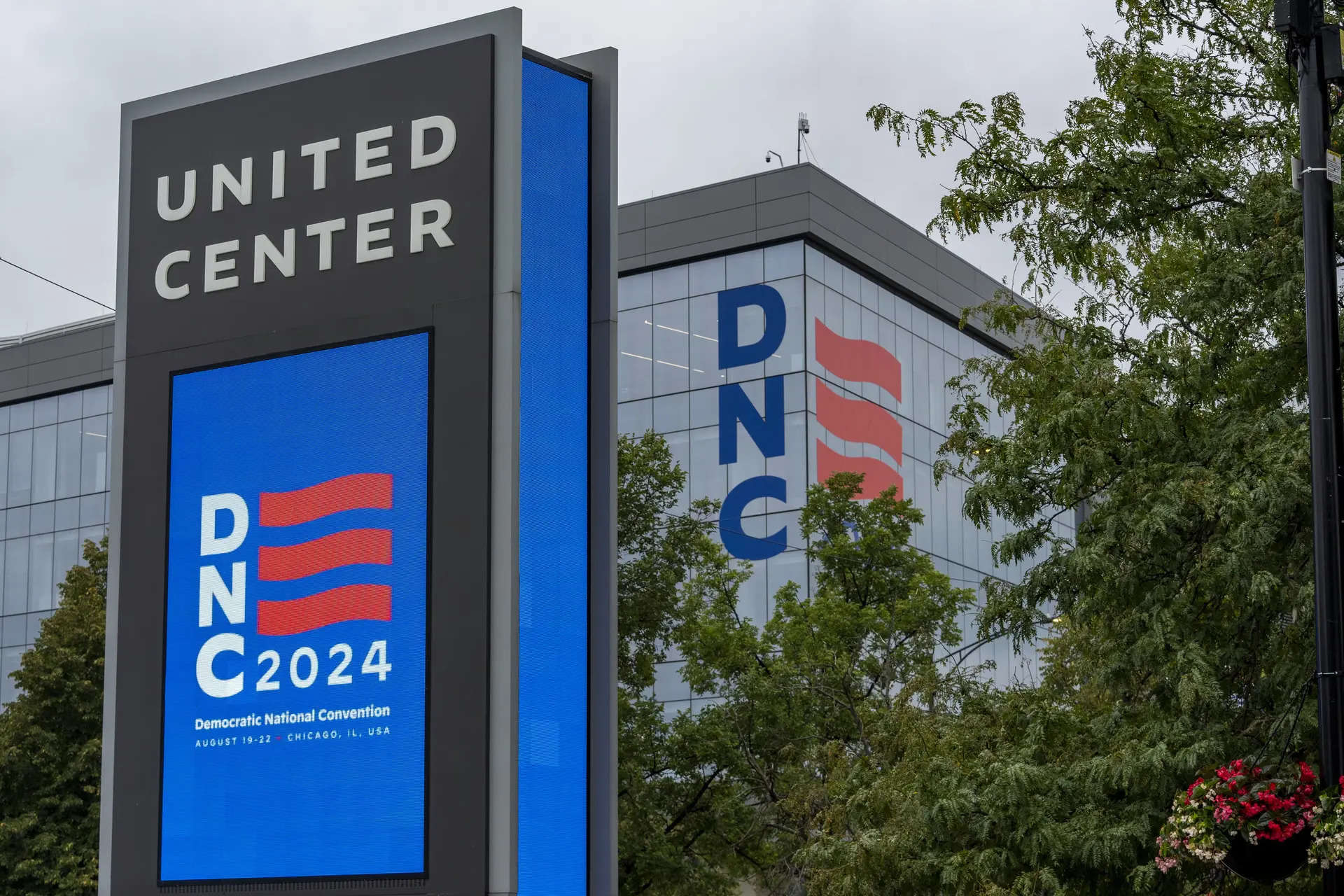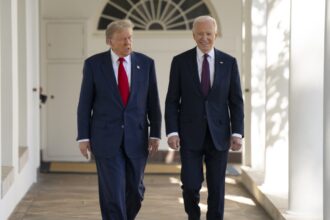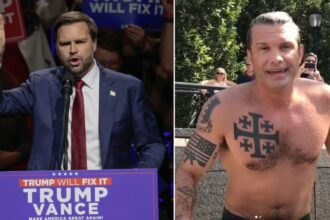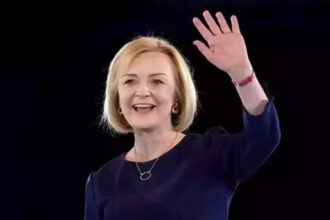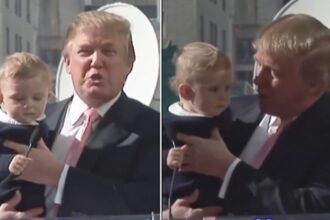As delegates flocked to Chicago for the Democratic National Convention on Sunday night, protesters began gathering along Michigan Avenue. The demonstrations are set to escalate as the convention unfolds inside the United Center, with activists vowing daily protests to spotlight internal divisions within the Democratic Party.
The decision to host the convention in Chicago, a city with a rich history of left-wing activism, inevitably sparked expectations of large-scale protests.The backdrop of the ongoing conflict in Gaza and the party’s divisions over President Joe Biden and Vice President Kamala Harris’s foreign policies have further fueled these expectations.
City officials, led by Mayor Brandon Johnson, have been preparing for the influx of demonstrators. Johnson, a former labor organizer elected on a liberal platform, emphasized the need for peaceful and energetic protests. “We’re ready for this moment,” he stated, underscoring the city’s commitment to ensuring safety and order.
Protest leaders, including Hatem Abudayyeh of the US Palestinian Community Network, have mobilized thousands to demonstrate against what they perceive as the US’s complicity in Gaza’s civilian casualties. Despite some disagreements over protest logistics, including the march route and sound system permits, the city has made concessions to facilitate the demonstrations.
The Chicago Police Department has been preparing for potential unrest, including a “coordinated multiple arrest policy” for actions deemed illegal, such as property destruction or obstructing traffic. Mayor Johnson and police officials have aimed to avoid a repeat of the 1968 convention’s violent clashes, with recent training sessions and a proactive approach to handling protests.
In contrast to the generally peaceful protests at the Republican National Convention in Milwaukee, the situation in Chicago remains fluid, with tensions high. Activists are split on their strategies, with some advocating for more confrontational tactics. Meanwhile, pro-Israel groups are also planning to highlight their causes, adding to the complexity of the demonstration landscape.
The city is bracing for a week of significant political and social activity, with the Chicago Police and other agencies coordinating closely to manage both security and public demonstrations.
The decision to host the convention in Chicago, a city with a rich history of left-wing activism, inevitably sparked expectations of large-scale protests.The backdrop of the ongoing conflict in Gaza and the party’s divisions over President Joe Biden and Vice President Kamala Harris’s foreign policies have further fueled these expectations.
City officials, led by Mayor Brandon Johnson, have been preparing for the influx of demonstrators. Johnson, a former labor organizer elected on a liberal platform, emphasized the need for peaceful and energetic protests. “We’re ready for this moment,” he stated, underscoring the city’s commitment to ensuring safety and order.
Protest leaders, including Hatem Abudayyeh of the US Palestinian Community Network, have mobilized thousands to demonstrate against what they perceive as the US’s complicity in Gaza’s civilian casualties. Despite some disagreements over protest logistics, including the march route and sound system permits, the city has made concessions to facilitate the demonstrations.
The Chicago Police Department has been preparing for potential unrest, including a “coordinated multiple arrest policy” for actions deemed illegal, such as property destruction or obstructing traffic. Mayor Johnson and police officials have aimed to avoid a repeat of the 1968 convention’s violent clashes, with recent training sessions and a proactive approach to handling protests.
In contrast to the generally peaceful protests at the Republican National Convention in Milwaukee, the situation in Chicago remains fluid, with tensions high. Activists are split on their strategies, with some advocating for more confrontational tactics. Meanwhile, pro-Israel groups are also planning to highlight their causes, adding to the complexity of the demonstration landscape.
The city is bracing for a week of significant political and social activity, with the Chicago Police and other agencies coordinating closely to manage both security and public demonstrations.
Source : Times of India


